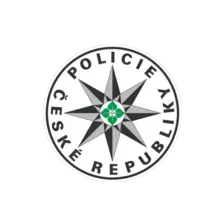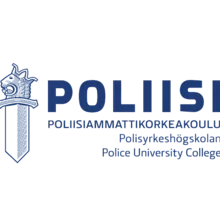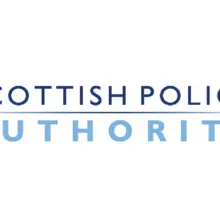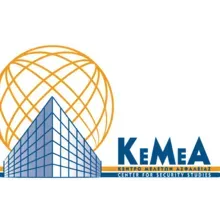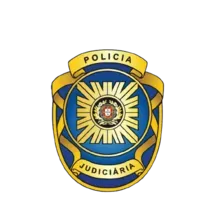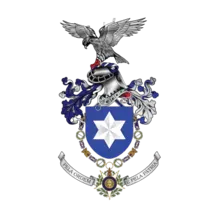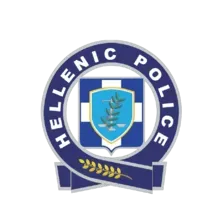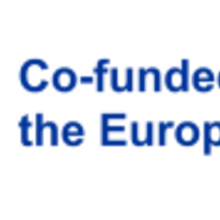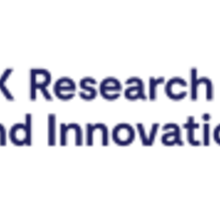Research project
The Clarus Project
Exploring and Reducing Systematic Bias in Digital Forensic Investigations Across Europe
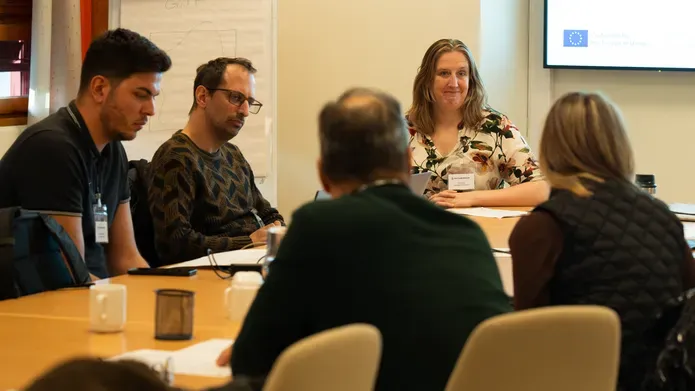
Active
November 2023
October 2026
Our Mission
Clarus improves the quality, impartiality and reliability of digital forensics by working with forensic scientists, police investigators and the public. By addressing communication, language, working cultures and system bias, we focus on improving the quality and reliability of investigations involving serious crimes and terrorism that exploit digital technologies.
We aim to:
- Strengthen trust between the public and professional services in policing, forensic science, and the courts.
- Enhance communication and working practises stakeholders.
About Us
The Clarus Project is a groundbreaking collaboration uniting:
- 6 academic research organisations
- 3 forensic agencies
- 3 police agencies (LEAs)
Operating across six European member states and associated countries, our consortium works to address system bias and miscommunication in digital forensic investigations. Together, we aim to understand how factors such as communication, everyday practices, organisational cultures and disciplinary backgrounds can influence the potential for biased judgments and errors in digital evidence examination and decision-making. In addition to the partner organisations, the project will recruit a series of ‘Citizen Juries’ across our five data collection countries. These ‘juries’ will ensure that public opinions and views are integrated within our project.
Our partner countries include the UK, Finland, Norway, Portugal, Greece and the Czech Republic. Clarus is led by The Centre for Security Studies (KEMEA) in Greece. https://kemea.gr/en/
What We Will Deliver
From November 2023 to October 2026, the Clarus Project will deliver impactful resources and tools to support fairer forensic investigations:
- A Lexicon for Digital Evidence: A resource to promote consistency and clarity in the language used to describe digital evidence.
- A Bias Checking Tool: Designed to help forensic practitioners and investigators identify and mitigate system bias in their workflows.
- An Online Open Course: A free-to-access educational platform providing insights into digital forensic practices and the challenges of bias.
Why It Matters
The rapidly evolving field of digital forensics plays a critical role in modern justice systems. However, as this is a new and growing field, there is a significant risk of misunderstanding and miscommunication stemming from a lack of consistent terminology and practice. In addition, systems and processes for handling digital evidence within and across partners may build in a risk of biased practice, and these can impact outcomes in high-stakes cases. Clarus works closely with forensic scientists, police forces, and the public to foster a culture of fairness and integrity.
By bringing together experts from diverse disciplines and countries, we are paving the way for more reliable, unbiased digital investigations across Europe.
Website: https://claruseu.net/
LinkedIn: https://www.linkedin.com/company/claruseu/
Twitter/X: https://twitter.com/ClarusEU
This project is co-funded by the European Union's Horizon Europe research and innovation programme under grant agreement No. 101121182 and by the UKRI Project Number 10079452.
People
Project lead(s)
Professor Megan O'NeillPartners


